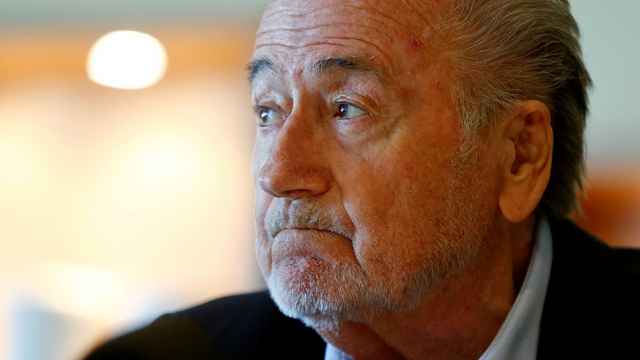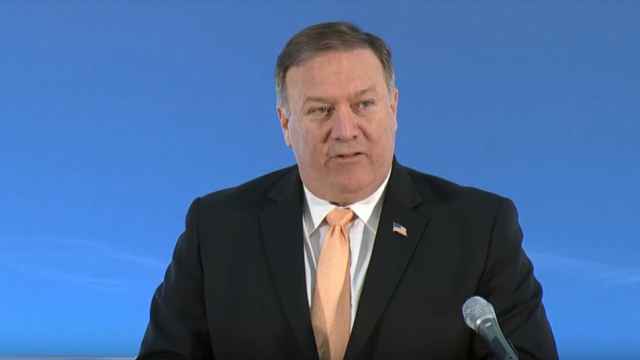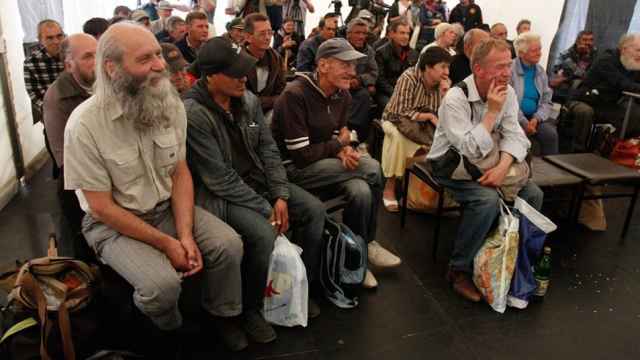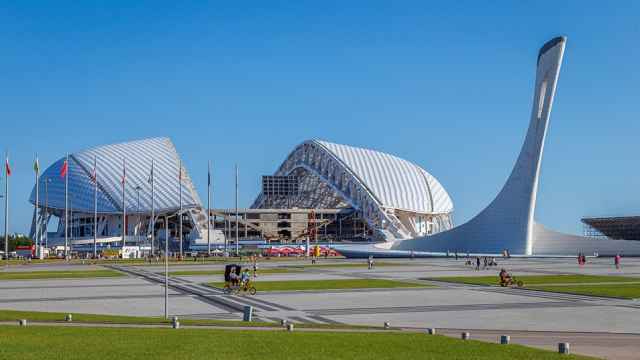Russia's elimination from the football World Cup on Saturday poses a challenge for the Kremlin: How to manage public anger over reforms that will hit voters' pockets without the distraction of national sporting success.
After months of delaying a change it knew was liable to anger voters, the government said it was pushing back the retirement age. It made the announcement on the day of the tournament's opening game, when many Russians were distracted by their team's emphatic win against Saudi Arabia.
Since then, Putin's popularity rating has suffered a rare dip, opinion polls show. A separate survey found that most Russians take a negative view of the plan to raise the pension age to 65 from 60 for men and to 63 from 55 for women.
Russia's unexpected passage to the quarterfinals — their best World Cup since the 1991 fall of the Soviet Union — has captivated the nation and kept the reform out of mind.
But after Saturday's defeat to Croatia and with the tournament due to end on July 15, the reforms are bound to resurface in Russia's collective psyche, political analysts say.
Though perceived outside Russia as an all-powerful ruler unruffled by what people think, Putin's authority in fact depends in large part on his ability to command popular support, which he and his aides devote massive energy to nurturing.
Following the polling backlash, officials were now considering ways to soften the pension reform, two sources familiar with discussions told Reuters.
"Any victory comes and goes. People forget," said Nikolai Petrov, a political analyst at Moscow's Higher School of Economics.
"...Every day people will remember that they could be receiving their pension but are not getting it because of this bad government," referring to how some people were likely to perceive Putin's administration.
Shifting Agenda
A survey conducted by FOM before Russia's World Cup exit showed Putin's approval rating down six points at 75 percent. Another by state pollster VTsIOM showed a five percentage point drop.
The World Cup took some of the sting out of that unpopularity. A survey conducted by the independent Levada Centre before Russia were eliminated showed the competition was occupying Russians' thoughts more than the pension plan.
Levada Centre sociologist Stepan Goncharov said this situation would now change.
"It's fair to say that the issue of pension reforms will return to the top (of the agenda) after the end of the tournament," he said.
The extent of popular outrage at the plan, which aims to ease pressure on state coffers from an ageing population and a struggling economy further weakened by sanctions, would depend on what the government did next, he said.
A final decision on what form it will take is expected in autumn.
Thousands of Russians protested this month against the planned rise in the retirement age, but there were no demonstrations in World Cup host cities because of security restrictions in place during the tournament.
The Kremlin this week shrugged off the idea it might face greater public pressure over the reforms once the World Cup ended.
"It is the job of experts to reach these conclusions," Kremlin spokesman Dmitry Peskov said. "Let them do that."
A Message from The Moscow Times:
Dear readers,
We are facing unprecedented challenges. Russia's Prosecutor General's Office has designated The Moscow Times as an "undesirable" organization, criminalizing our work and putting our staff at risk of prosecution. This follows our earlier unjust labeling as a "foreign agent."
These actions are direct attempts to silence independent journalism in Russia. The authorities claim our work "discredits the decisions of the Russian leadership." We see things differently: we strive to provide accurate, unbiased reporting on Russia.
We, the journalists of The Moscow Times, refuse to be silenced. But to continue our work, we need your help.
Your support, no matter how small, makes a world of difference. If you can, please support us monthly starting from just $2. It's quick to set up, and every contribution makes a significant impact.
By supporting The Moscow Times, you're defending open, independent journalism in the face of repression. Thank you for standing with us.
Remind me later.







